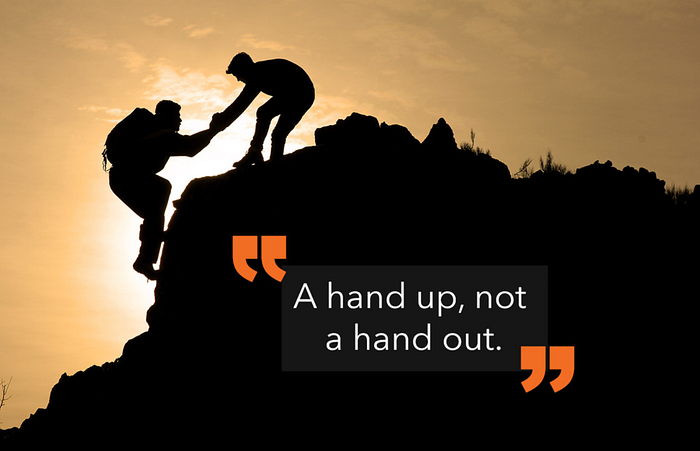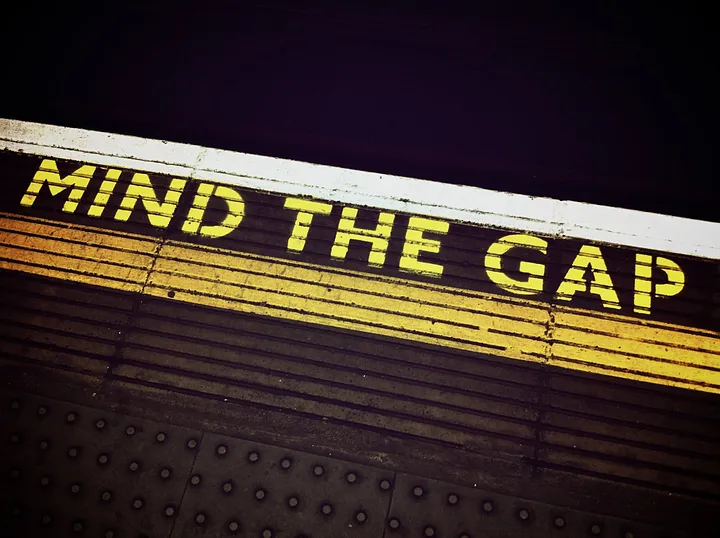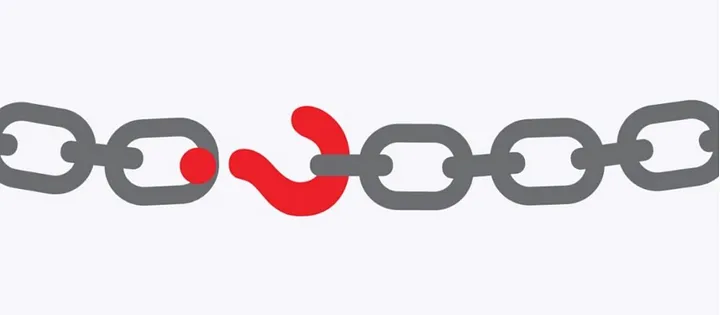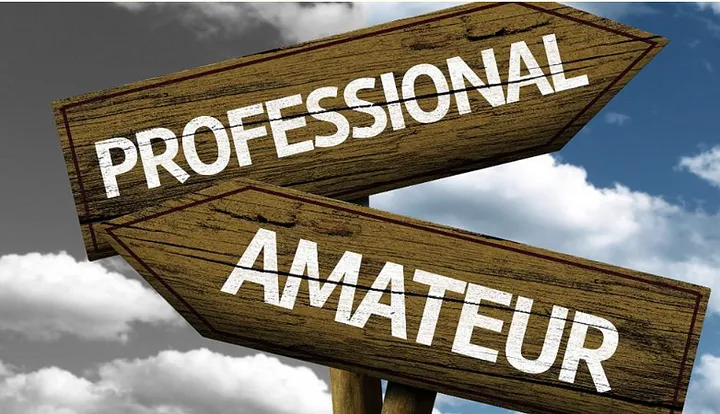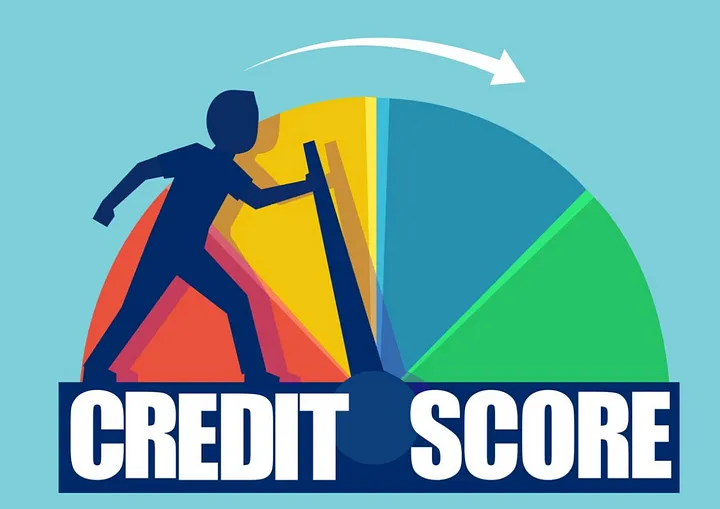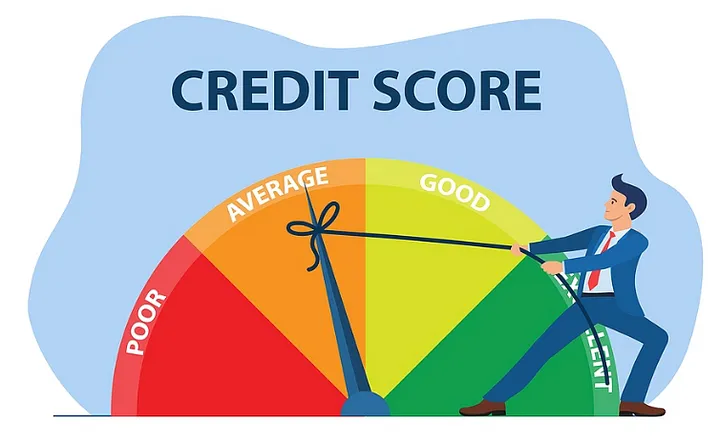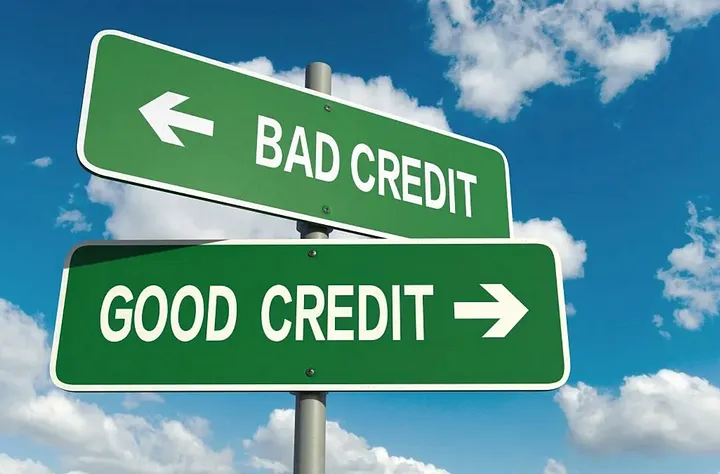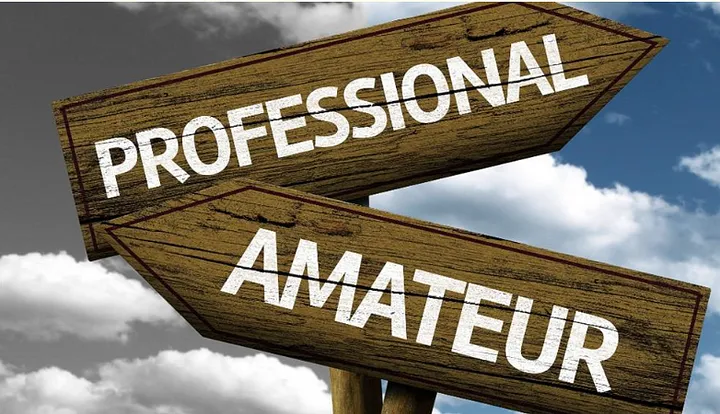Financial Education: Know the Difference — Financial Freedom vs Financial Independence
April 26, 2022
Before we go any further, my goal this week is to clarify a few things here and leverage it as the foundation for what’s to come.
Way too many misconceptions and misinterpretations exist out there in the world today — particularly implemented by ignorant marketers who are not financially free, worse yet — financially educated, themselves.
Admittedly, from the very beginning, I could’ve click baited everyone with buzz-word driven titles and I chose not to (and will continue to choose not to). Helping others create a new blueprint for a better financial future is a higher calling, a serious undertaking and I take it seriously.
I often say: when it comes to someone’s finances and financial future, I don’t f**k around. It’s like what Uncle Ben said to Peter Parker (Spiderman): With great power comes great responsibilities. As much as I value ‘freedom’ in almost all aspects of life, this is the one area where I personally believe that definitions matter. They matter in the sense that it can help us set clear goals and paths initially. It also helps us weed out unnecessary and wasted efforts while devoting ourselves to building a healthier and stronger financial future.
As a continuation to the Wheel of Wealth articles, financial freedom comes ONLY from the passive income bucket. With that said, there are 3 levels of financial freedom usually:
- Financial Freedom #1 — when there’s enough passive income to cover all of our basic expenses.
Remember the expenses that you recorded during Personal Budgeting? If you haven’t done so, now’s a good time to go back and review your list of expenses. While doing that, you also want to trim down all the unnecessary expenses (this exercise is extremely personal because we all have different definitions and personal circumstances that dictate what’s necessary and unnecessary). For example, I live with 5 autoimmune disorders daily. In addition to managing my symptoms, mobility and pain levels through diet and exercise, I am using a biologic prescription drug. It’s an injection that happens once per month on average (and yes, I have to jab myself with a needle every month). This drug runs ~$1,700/month. Living in Canada and Alberta in particular, I’ve purchased 2 health insurance policies that would add up to $245 per month and it would cover 100% of this prescription. As a result, $245 is part of my current basic expenses. (I say ‘current’ because I’m hopeful that I can ween myself off it one day.)
If you’re currently looking at your personal budgeting worksheet as provided, really examine your expenses. Some fixed expenses may be difficult to change or cut. This is where you’ll need to really differentiate ‘needs vs wants’ for yourself. I remember having to move out of our 2,600 sq. ft. house and into a 1,350 sq. ft. one. That was an easy decision based on numbers — I was cutting down on my expenses maintaining a liability. In reality, it was a hard one on my ego and personal sanity. I hated the smaller space, the lower ceiling and how crammed everything felt. I also hated being judged by my friends and family who didn’t understand why we’d downsize. The natural assumption was that “I’m not doing well financially” and my very basic human reaction is to my myself feel either angry, misunderstood or lesser-than. Thankfully, I had several role models and mentors supporting my decision.
In reality, I never compromised too much on my living standards in the first 5 years of my investing career — never lived in a shack nor drove a beater car, or ate sub-standard foods. However, I did make sacrifices elsewhere — particularly in the beginning. Less traveling and made budget-driven travel decisions. Clipping coupons, collecting loyalty points from necessary expenses as much as I could, and measuring all expense-prone activities (such as usage on internet, cellphone, landline, home securities, home utilities and other subscription-based services).
The point is, Financial Freedom #1 is when you have enough income coming from the passive income bucket ONLY to cover all your basic expenses. This means that you do not have to go get a job for the pay checks just to pay bills. Most people HAVE TO work to survive. When you’ve achieved Financial Freedom #1, you effectively have freed yourself from having to: get up (at least Monday to Friday), go to work for 8 hours (or more including commute time), collect a pay check once every so often to pay for your bills. You have now freed up at least 40+ hours a week to do what you’d like to do with your time (and life!). Imagine what you can do with that time.
This number varies from person to person, family to family as you can probably tell. The goal is to truly understand what this number is for you before you can move forward with the S-M-P process.
So, what’s your Financial Freedom #1 right now? Are you able to make that number easier to achieve?
2. Financial Freedom #2 — when there’s enough passive income to cover your active job income.
This is really where most people want to be when they first embark on the journey to financial freedom. Our jobs — and for argument sake, I’m just going to use it as a dirty word right now — usually stand in the way of what we really want to do with our time.
Time on vacation to enjoy the beautiful scenery and food around the world. Time spent with our loved ones. Time to build healthier habits — body, mind and soul.
However, we are often trapped (or feeling trapped) because these jobs tend to pay us just enough to pay our bills and afford ourselves a bit of a lifestyle. As a result, the time we want to spend doing what actually want to do get shrunk and, for some, become non-existent over time. This is why we also call a job “just over broke” or the classic “golden handcuffs”. We have been trained to think that this is the norm and it’s just part of life. The truth couldn’t be further from this soul-sucking ideology passed down to us from the Industrial Age!
So, what’s your Financial Freedom #2 right now?
3. Financial Freedom #3 — the do whatever you want, whenever you want, however you want, with whomever you want and for as long as you want.
Mouthful? I know! However, I just wasn’t sure how most people would react to the term “F U Money” here.
In all honesty, I have never met anybody personally that has said “Oh, I’ve achieved financial freedom #3”. Yet, I see it in their way of living. More importantly, in their way of being.
The logic and reality, in essence, is that you know how to reach Financial Freedom #2 and #3 if you’ve learned and applied to achieved #1. Most of the heavy leaning and lifting is in the beginning stage. Creating more income and wealth through real estate is a process of duplication. Yes, we can always do bigger deals (and there’s hardly an end to the size of a deal), but does it serve you and contribute to your goals directly in the most efficient way possible?
As I’m writing this article, I’m sitting in the den in our Four Seasons Whistler Residence where we are for a week on this leg of the trip. I’m sharing not to brag nor to impress you. From the Four Points to the Four Seasons, the journey seemed long but it really isn’t. These days, I travel approximately 4–6 months every year. They are partly for work and mostly for fun. The line’s really blurred now and I LOVE IT. It’s something that I’ve spent the last 12 dedicating my resources to create for myself. I’m ‘working’ and I’m not. I’m also on vacation and I’m not. The fact that this is the 3rd Four Seasons Resort stay in the last 10 weeks (1st in Belevery Hills to check off a bucket list, 2nd in Ko Olina, Hawaii simply because Disney Aulani next door was booked full) is also an ah-ha moment for me. I once heard this from my mentor: if you can’t buy it twice, you couldn’t really afford it in the first place. That lesson really stuck with me. The lesson here is discipline. The discipline to delay gratification. Here is one of my all-time favourite quotes on discipline:

To conclude the definition of financial freedom, it basically means that all the income sources need to come from the passive income bucket. It’s then a matter of how much passive income you want to create over what amount of time. Or rather, which Financial Freedom # you want to achieve.
Know the difference
Incontrast, Financial Independence is easily defined based on the Wheel of Wealth: you have enough income streams coming in from BOTH the active and passive income buckets without relying on any single source of income to survive and thrive.
Here, I’ll use ‘job’ as a positive word. This is actually my true belief these days now as “nothing inherently has meanings; all meanings are assigned”. I don’t quite recall where I heard that brilliant line from and yet it’s so applicable in almost everything. In this case, for many of us, we actually don’t hate our ‘jobs’. We only hate them WHEN we feel restricted: want to go on a longer vacation and get denied our full access to our allotted vacation time; need to go to a wedding or a funeral and only can get a limited amount of time off; want to buy a nice place, vacation, car, cellphone or computer (or just something nice or nicer in general) only to realize that there’s not enough. For so many people that I’ve witnessed over the years — especially the ones that have built a career (meaning that they’ve spent the time, money and resources going to school to trained for a certain skills based on their identified interest and maybe even passion) — we actually don’t hate our jobs. We just hate them when we are not feeling enough. This is one of the main reasons why I’m perpetually excited to teach and share and help people create better financial resources in life. Again, money isn’t everything. It just affects everything we do everyday. It’s just an effective tool for measurement and transactions for all mankind.
It’s been said that the average millionaire has 7 sources of income. When leveraging real estate as an investment vehicle, anyone can easily create more than 7 sources of income. However, the point and my personal belief that I want to share is this: true financial security, freedom, happiness and sustainability is built on multiple streams of income. Period. Having been in negative net worth twice — both before and after financial education (sounds funny to say after but the cutoff is 2010 here for me), this is probably the BEST advice and share I have today.
For my dedicated readers, I thank you for your support and feedback. If this is the first time you’re reading one of my publications, I hope you’ve enjoyed it and learned a thing or two.
For those of you who prefer watching videos, here is the YouTube channel where some of my work (very raw) has been shared.
(Written partly at the Four Seasons Whistler Residences, and partly at home in Edmonton, AB)
